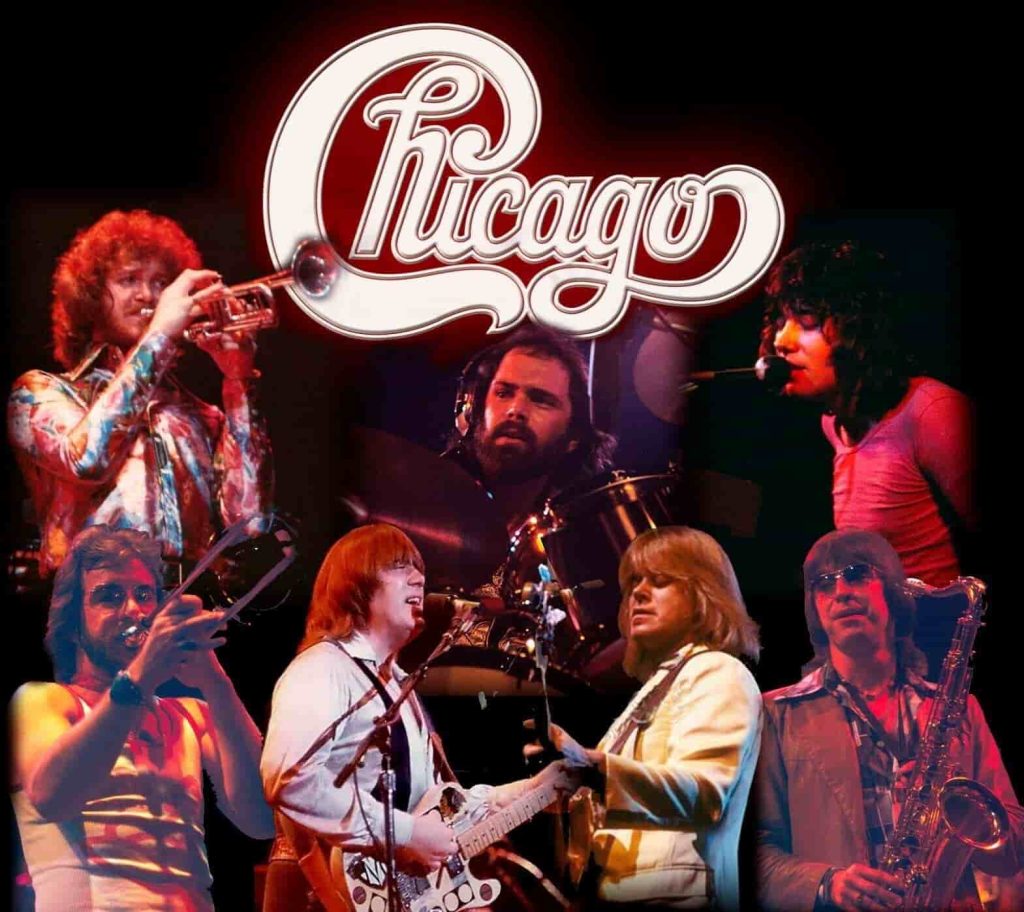
A Heartfelt Plea for Forgiveness and Reconciliation
This 1982 masterpiece, a blend of soft rock and soaring vocals, captured the essence of regret and the yearning for a second chance. It topped the Billboard Hot 100 chart on September 11, 1982, holding the number one spot for two weeks, and also reached number one on the Adult Contemporary chart. It was a monumental success, revitalizing Chicago’s career and introducing them to a new generation of fans. The song was featured on their album “Chicago 16”, a significant turning point for the band as it marked a shift towards a more contemporary sound, largely influenced by producer David Foster.
The story behind “Hard to Say I’m Sorry” is intertwined with the band’s evolution. After a period of declining commercial success, Chicago was looking to reinvent themselves. Enter David Foster, a renowned producer known for his work with artists like Barbra Streisand and Kenny Rogers. Foster’s influence brought a polished, radio-friendly sound to Chicago’s music, and “Hard to Say I’m Sorry” became the prime example of this transformation. The song was co-written by bassist and vocalist Peter Cetera and David Foster, and Cetera’s powerful vocals are a defining feature of the track.
The song’s lyrics speak to a universal experience: the difficulty of admitting fault and asking for forgiveness. Lines like “Everybody needs a little time away from each other” and “Hold me now, it’s hard for me to say I’m sorry” resonate with anyone who has struggled to mend a broken relationship. The raw emotion in Cetera’s voice, combined with the song’s sweeping instrumentation, creates a powerful and moving experience. The song isn’t simply a ballad; it’s a plea, a heartfelt confession delivered with sincerity and vulnerability.
The music video, prevalent in the early days of MTV’s influence, further solidified the song’s impact. It features the band performing with dramatic lighting and close-ups, emphasizing the song’s emotional intensity. The video also incorporates a clever transition into a more upbeat segment, “Get Away”, which was included on the single release. This transition, although a separate song, was often played together with “Hard to Say I’m Sorry” on radio airplay, further enhancing its popularity and creating a sort of mini-suite.
Looking back, “Hard to Say I’m Sorry” represents more than just a chart-topping hit; it’s a testament to the power of music to connect with our deepest emotions. It’s a reminder that admitting our mistakes, though difficult, is essential for healing and moving forward. For many, especially those who were young adults when the song was released, it evokes a sense of nostalgia, transporting them back to a specific time and place. It’s a song that has aged gracefully, continuing to touch hearts and remind us of the enduring power of a well-crafted ballad. The song’s legacy is further cemented by its numerous appearances in films and television shows, ensuring its continued relevance for generations to come. It serves as a poignant reminder of the complexities of human relationships and the enduring need for connection and forgiveness. The blend of rock instrumentation with pop sensibilities, combined with Cetera’s emotive delivery, created a timeless classic that continues to resonate with listeners decades later.